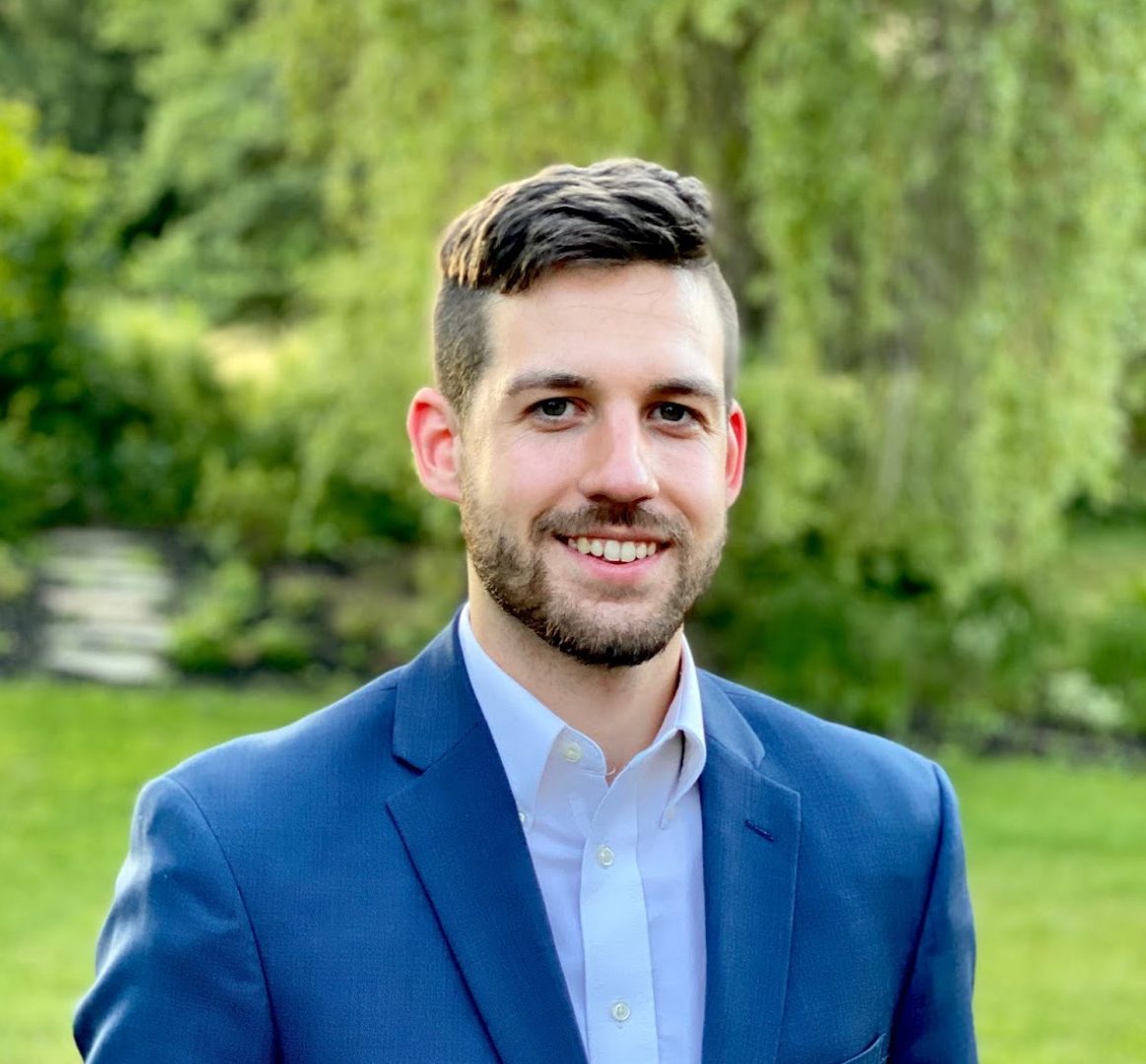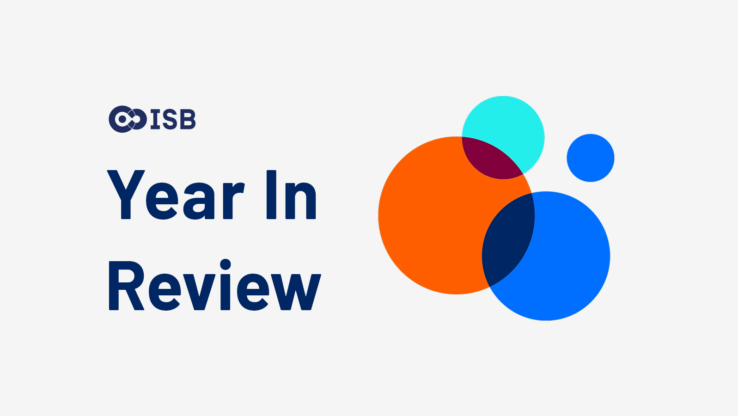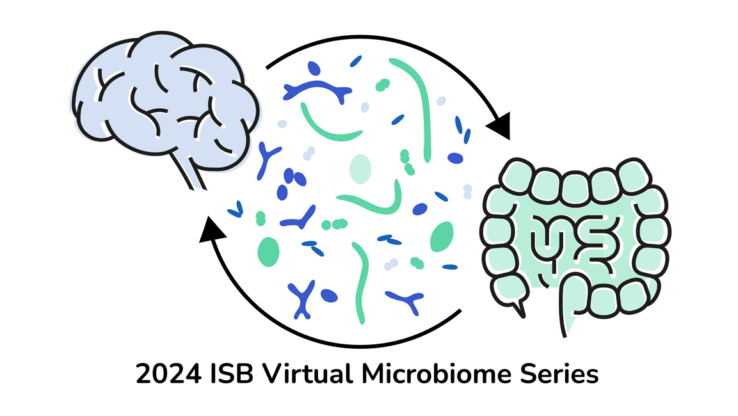Nick Bohmann Joins the Lab
 gibbons.isbscience.org/news/2020/09/21/nick-bohmann-joins-the-lab/
gibbons.isbscience.org/news/2020/09/21/nick-bohmann-joins-the-lab/
 gibbons.isbscience.org/news/2020/09/21/nick-bohmann-joins-the-lab/
gibbons.isbscience.org/news/2020/09/21/nick-bohmann-joins-the-lab/

Reflecting on the past year, ISB has a lot to celebrate: groundbreaking research published in leading scientific journals, well-earned promotions, widespread media coverage, and more. Enjoy our year-in-review roundup highlighting some of the important, interesting, and impactful highlights of 2024.

ISB has been selected as a winner of the 2024 Amazon Web Services (AWS) IMAGINE Grant. The grant will support ISB’s continued development of My Digital Gut, an online decision-support platform that will help make microbiome-informed nutrition and healthcare personalized, predictive, and preventive.

There has been an explosion of research into the two-way communication between the gut microbiota and the brain, which has helped us to understand complex behavioral and neurophysiological phenotypes in many animal species. This year, ISB hosted a virtual microbiome series dedicated to exploring the gut-brain axis.